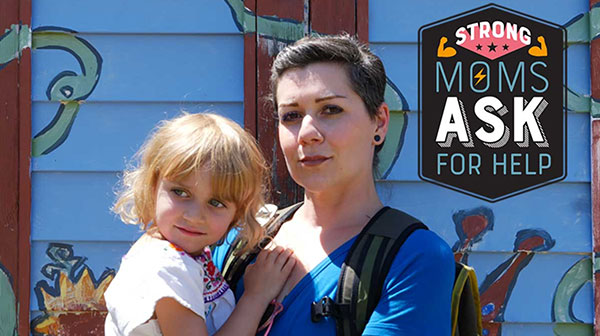Thanksgiving is next Thursday, and school hallways and grocery stores and internet memes have all started hassling us to be grateful. While gratitude IS a proven strategy for mental health and well-being, the mantra can feel like a hot poker between the eyes when you’ve got a lot that you’re not grateful for at all. Maybe you just experienced a death in the family. Maybe you relapsed recently on an addiction you’ve been battling for years. Maybe you suffer depression or anxiety and it simply doesn’t help when your out-of-town auntie chides you for not appreciating all that you have.
Are you honestly supposed to be grateful even when you feel terrible?
The answer is no. But also: yes.
To explain. No, you don’t need to spend the entire holiday season repressing negative thoughts or sadness or grief. It is okay to feel pain. In fact, acknowledging your pain to yourself is the first step you need to take before asking someone else (a friend, a doctor, a mental health professional) for help. And, as you’ve noticed by now, we believe that asking for help is one of the most important things you can do for yourself and your child when things get tough.
But also, yes. Because no matter how bad things are, there is likely at least a few moments in a day where you might feel just a little glimmer of lightness or hopefulness, or at least not-as-terribleness. Watch for those moments and try to mark them with a quick statement of gratitude. Try saying it aloud to yourself or your kiddo. At the grocery store, even noting, “Hey, the yogurt is on sale today!” can give your brain and body a little boost of good feeling that can start to feed on itself.
Because here’s the thing: it is okay to be hurting and to be grateful. You don’t have to be grateful for the pain itself (we’ll leave that to the monks and saints), but you may be able to find something else that you appreciate, no matter how small. As Robert Ammons, author of Gratitude Works, explains, there is a difference between feeling grateful and being grateful. “We don’t have total control over our emotions. We cannot easily will ourselves to feel grateful, less depressed, or happy. Feelings follow from the way we look at the world, thoughts we have about the way things are, the way things should be, and the distance between these two points.”
Thinking grateful thoughts—even if you aren’t feeling it—is worth the effort. Researchers at Indiana University found that when people who were experiencing anxiety or depression participated in simple gratitude exercises, they were often happier than those who didn’t four and twelve weeks after the exercise ended.
So, roll your eyes if you need to when your BFF texts you on Thanksgiving day that she’s #tooblessedtostress. But after that, take a second, and try to remember the time your BFF made you laugh so hard your nose bled.
Gratitude doesn’t solve everything. But it helps.

